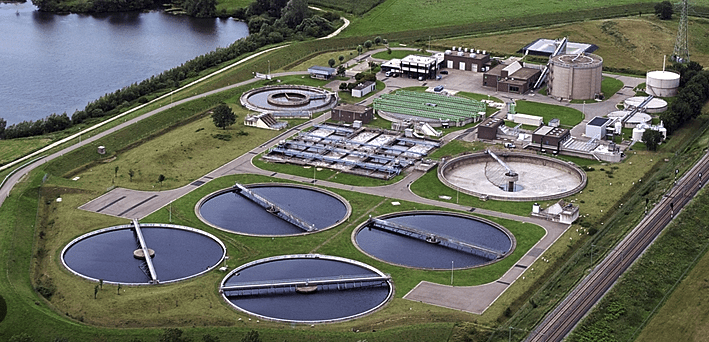What is Wastewater Plant Maintenance?
And Why is Wastewater Plant Maintenance Important?
In this blog, we take a high-level approach to:
- Establishing a Preventative Maintenance Plan
- The importance of regular inspections
- Keeping details records of your upkeep
- The benefits of Investment in the modernization of wastewater treatment plants
- Is your ERP (emergency response plan) clear
- Why experience matters when you partner with a vendor-partner
At Southern Industrial Linings, it happens every year for the past twenty-plus years we have been in business. For some reason during this time period between winter and spring, we see a dramatic increase in our work with Municipalities across the region as it relates to issues with Wastewater Treatment facilities.
The nitty gritty: Effective wastewater plant maintenance is essential for the proper functioning of a wastewater treatment plant. Neglecting maintenance activities can result in increased energy consumption, reduced efficiency, system failures, and expensive repairs. Proper maintenance also ensures compliance with environmental regulations and helps prevent the release of pollutants into the environment.
Maybe you are a part of the 56% of municipalities who plan on some sort of upgrade within the next 24 months as seen here in the Wastewater State of the Industry Report 2022 written by @bobcohen this past January 2023.
What are Some Tips for Effective Wastewater Plant Maintenance?
Establish a Preventive Maintenance Plan: A preventive maintenance plan involves scheduling regular inspections and maintenance activities for equipment and systems to prevent breakdowns and extend the life of the equipment.
Conduct Regular Inspections: Regular inspections of equipment, pipes, and other components are essential for identifying potential issues before they become major problems. Inspections should be conducted on a regular basis and include checking for leaks, corrosion, and damage.
Keep Detailed Records: Keep detailed records of all maintenance activities, including the date of service, the type of work performed, and any issues or problems discovered. This information can be used to identify trends and patterns and improve maintenance procedures.
Invest in Upgrades and Modernization: Investing in upgrades and modernization can help improve efficiency, reduce energy consumption, and extend equipment life. Upgrades may include the installation of new technologies, equipment replacement, or system improvements.
Develop a Comprehensive Emergency Response Plan: We all preach this, but it is imperative we continually educate our front line. A comprehensive emergency response plan is essential to ensure that the wastewater treatment plant can respond quickly and effectively in the event of an emergency, such as a system failure, power outage, or natural disaster. Ongoing education and “drills” to promote real-life experiences within a controlled environment.
Partner with Experienced Contractors: You know we couldn’t leave this one out! Partnering with experienced contractors can help ensure that maintenance activities are performed safely, effectively, and efficiently. Contractors should be licensed, insured, and have a track record of success in the wastewater treatment industry. In our experience, we have had countless opportunities to “fix” what should have been done right in the first place!
In conclusion, effective wastewater plant maintenance is essential for ensuring that a wastewater treatment plant is functioning optimally, efficiently and safely. By establishing a preventive maintenance plan, conducting regular inspections, keeping detailed records, prioritizing safety, investing in upgrades and modernization, developing a comprehensive emergency response plan, and partnering with experienced contractors, a wastewater treatment plant can operate at peak performance while minimizing the risk of system failure or environmental damage.
Got a project for us? Just give us a shout!


